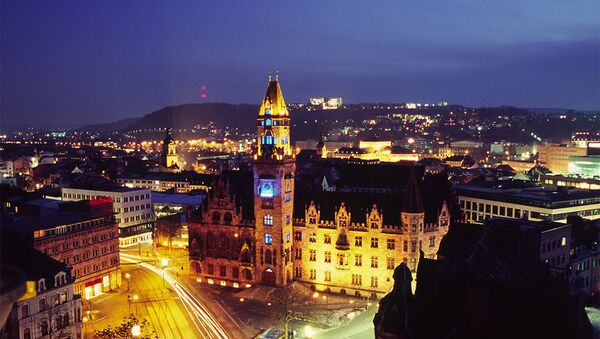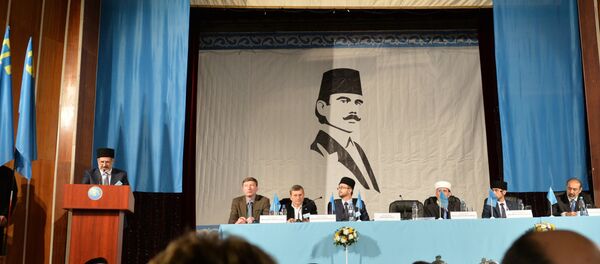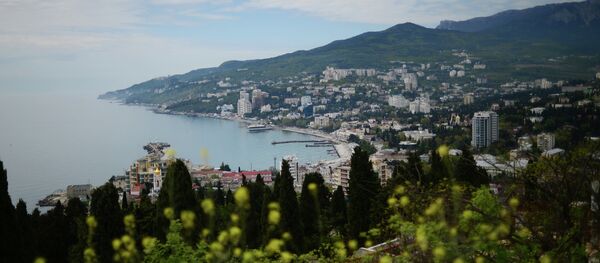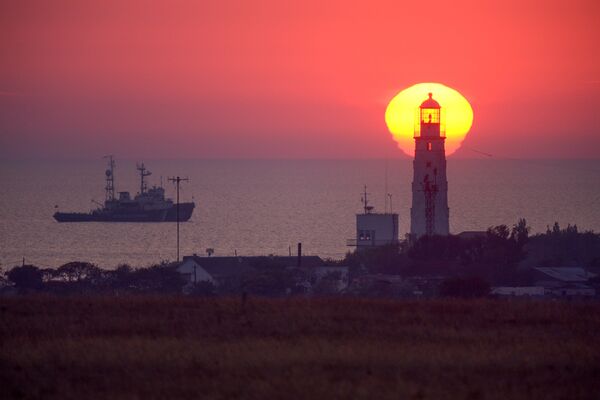In 1935, voters in Saar were asked whether they wanted to reunite with Germany, unite with France or remain under the League of Nations’ administration. Over 90 percent chose the first option.
Two decades later, on October 23, 1955, people of Saarland were again given the choice whether they wanted to become and independent territory, economically tied to France, or not. The victory of the No vote (67.7 percent) was seen as a desire to reunite with West Germany.
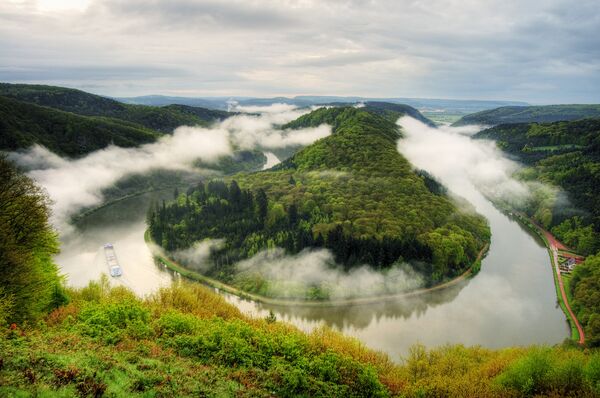
In March 2014, Crimea determined its future much like Saar did over half a century earlier. Over 95 percent of people living in the Black Sea peninsula voted in favor of reuniting with Russia in a referendum conducted according to international standards.
The history of the two referendums which took place in the Saarland in the mid-20th century exposes "the hypocrisy of Western politicians and media outlets," the publication stated.
"One might get an impression that Brussels has never heard of a separation by means of a public vote. The Russians are accused of rigging the vote but referendum observers said that it was carried out properly. They also seem to have forgotten Kosovo's secession, which took place after illegal NATO bombings," the media outlet observed.

